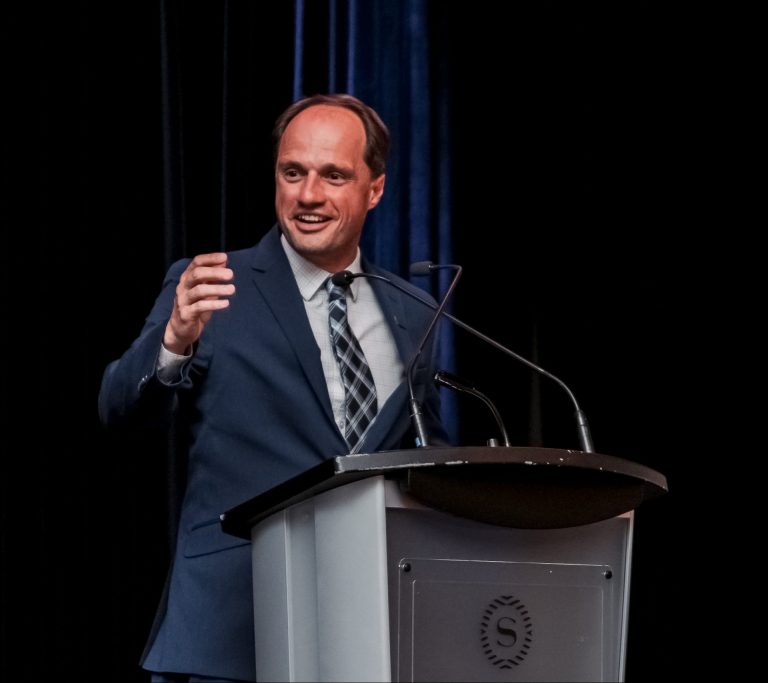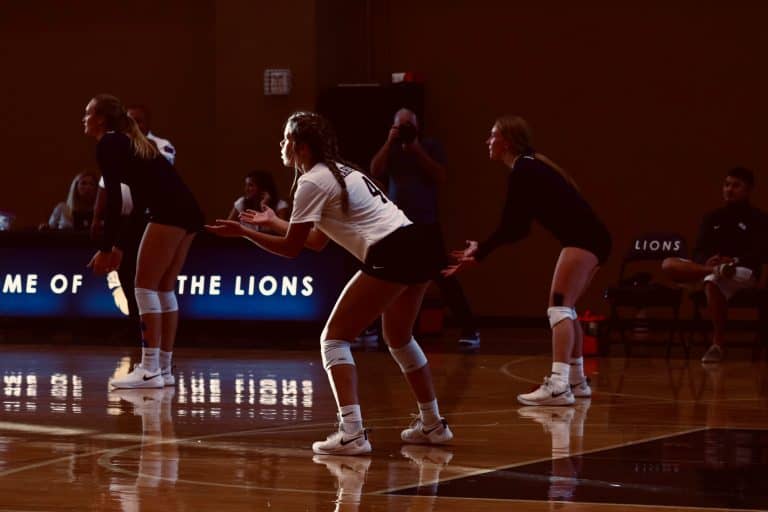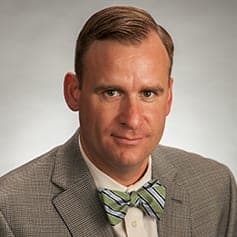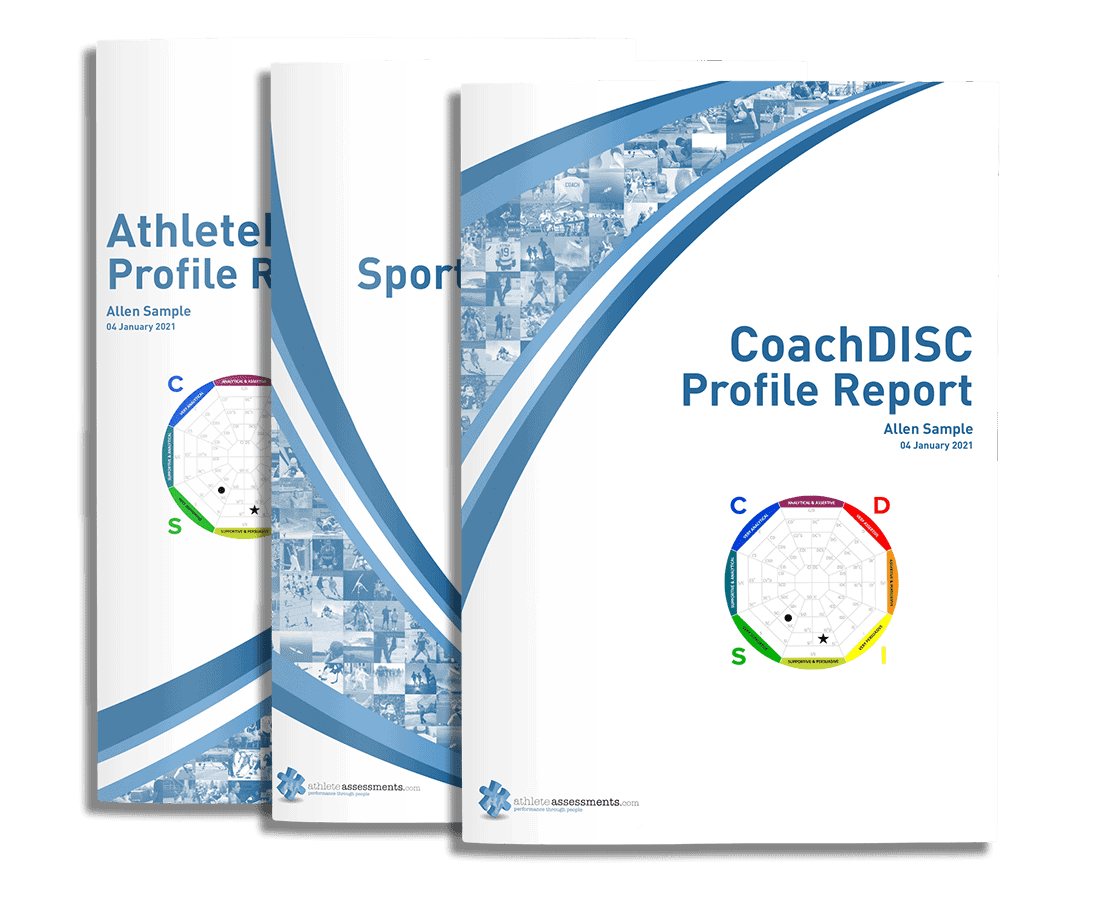Moving away from the concept of ‘natural leadership’ and towards the perspective that leadership is a learned skill that provides an opportunity for any person, in any role, to develop critical leadership skills necessary for personal growth. The Cooper Athletics Leadership Program at Georgetown University, designed and led by Executive Director of the program, Al Lattell, is guided by the underpinning principle that leadership is comprised of different skills that can be identified, learned, practiced, grown, and measured. When we caught up with Al, he shared more about his approach to developing the program from the ground up, and the philosophical underpinnings that have resulted in the program being so successful.
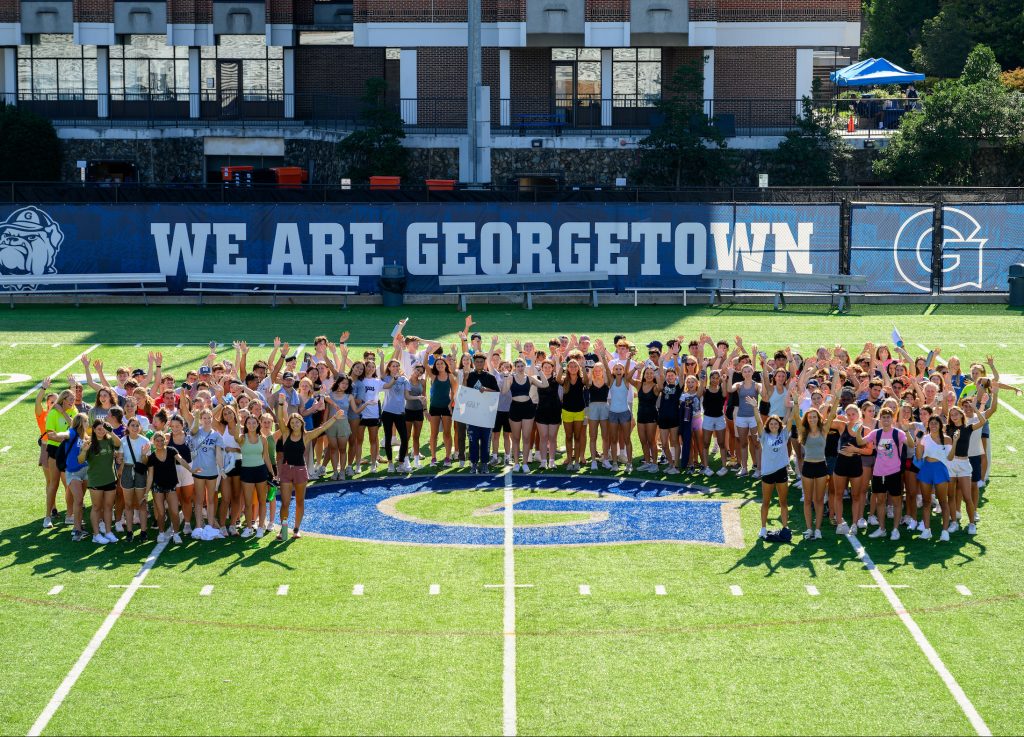
The Cooper Athletics Leadership Program is a pioneering and multi-faceted leadership program that aims to support student-athletes at any stage of their leadership journey. With a variety of entry points into the program to ensure no athlete is left behind, the program addresses the common misconception of ‘natural leadership’.
Aside from deep knowledge and experience in leadership, coaching, and sport, gained through roles at Johns Hopkins, Boston, and Harvard Universities, AI also brings to Georgetown, high energy and engagement with student-athletes and the ability to create connections. He shared that much of his work has come out of relationships, so there is a strong emphasis placed on the importance of relationships within the program and the individualized nature of each.
“I want the program to work across and reach all our student-athletes, so everyone is getting the value within their time in Georgetown Athletics. As an example, a third string kicker on the football team who may have walked onto the program with no scholarship, and doesn’t have the same opportunity to impact the team in a traditional leadership role that others may have, I want to work with them just as much.”
“I want to show that the collegiate athletic experience is going to give you the tools to take with you for the rest of your life and they are interchangeable.”
Al outlined how the development of the program is cradled within the philosophy that a readiness to receive information must be present in an individual before their learning can take place, which is why the program is non-compulsory. Instead, students can choose to opt in when they are ready via one of the many entry points within the program. Al elaborated,
“Not all our student-athletes view themselves as current leaders, not all think they have the capability of leaders, and not all of their coaches or teammates think that they are leaders. That’s why I need to be creative with the structure of the program, because if it’s all opt-in, only athletes that identify as leaders or emerging leaders would participate.”
Creating multiple entry points enables the program to fulfill another of its guiding principles which is there is no ‘one size fits all’ method or style of leadership, so accordingly, student-athletes are supported in developing in the way most conducive to them. Currently, there are 750 student-athletes and 30 teams that fall under the program’s umbrella, and the high rate of student-athlete involvement and coach support is a testament to its effectiveness.
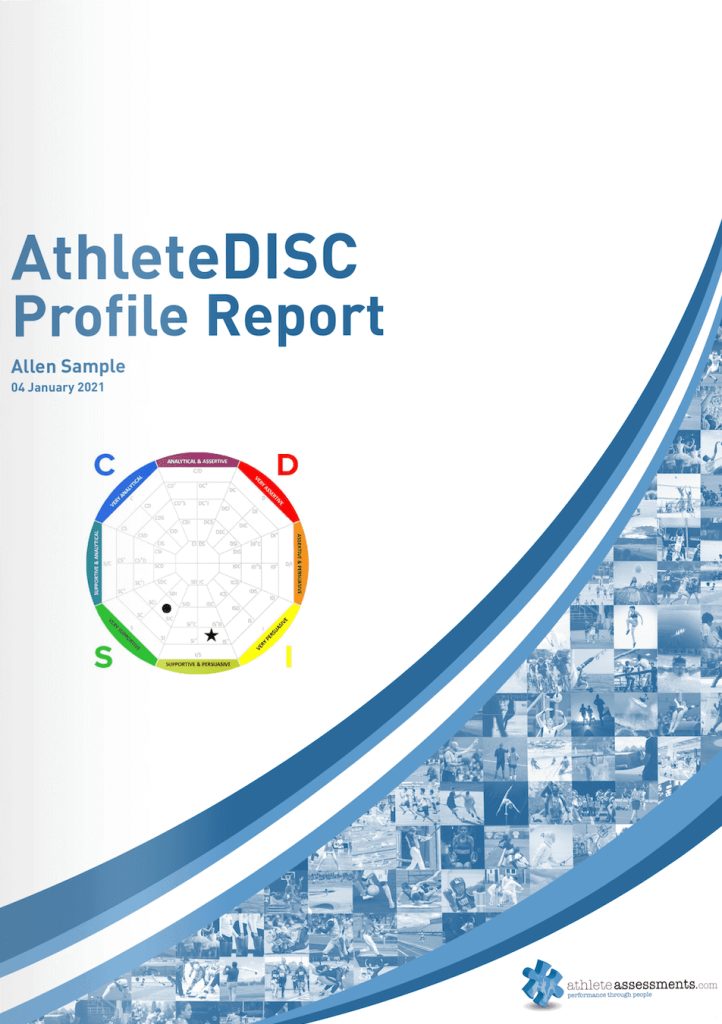
The Cooper Athletics Leadership Program focuses on the development of the student-athletes as whole people, and leadership being a facet of their overall development. To support this, each student-athlete entering the program, regardless of entry point, takes an Athlete Assessments AthleteDISC Profile to develop self-awareness as the starting point for their personal growth. As Al describes, in order to become an effective leader, each athlete must first understand themselves before they are ready to lead others. The student-athletes are able to use the insights contained within their AthleteDISC Profile Report to better understand their strengths, preferred pace, style of communicating, and way of building relationships as a basis for developing their own personal style of leadership. Al is accredited in the use of Athlete Assessments’ DISC Profiles which provides him with the knowledge and expertise to use the assessments in-house across the athletics department, whether applying it to leadership, professional, coach, or team development.
Al continued,
“In any sport they have their own set of language, in the leadership space I’m trying to create a common language which we can all understand and use interchangeably; so when we’re talking about conflict, motivation, stress, and results, we tie it all into DISC.”
The Hoya Fall Formation is the first point of contact available for student-athletes within the program and is geared toward introducing them to the Georgetown Athletics community. Following this, the Program is comprised of four distinct cohorts, each focusing on different stages of leadership development. For those entering the program for the first time, the first-year cohort focus on foundational topics such as followership, finding your voice, and team culture. First-year students also complete their AthleteDISC Profile. In addition, there are other opportunities in a cohort setting that will be open to sophomores, juniors, or seniors which focus on self-awareness for developing an authentic leadership style, and dive into behavioral styles, core values, effective communication, and conflict management. Those who have completed the self-awareness work, they have the opportunity to cover topics such as Servant and Transformational Leadership Theory.
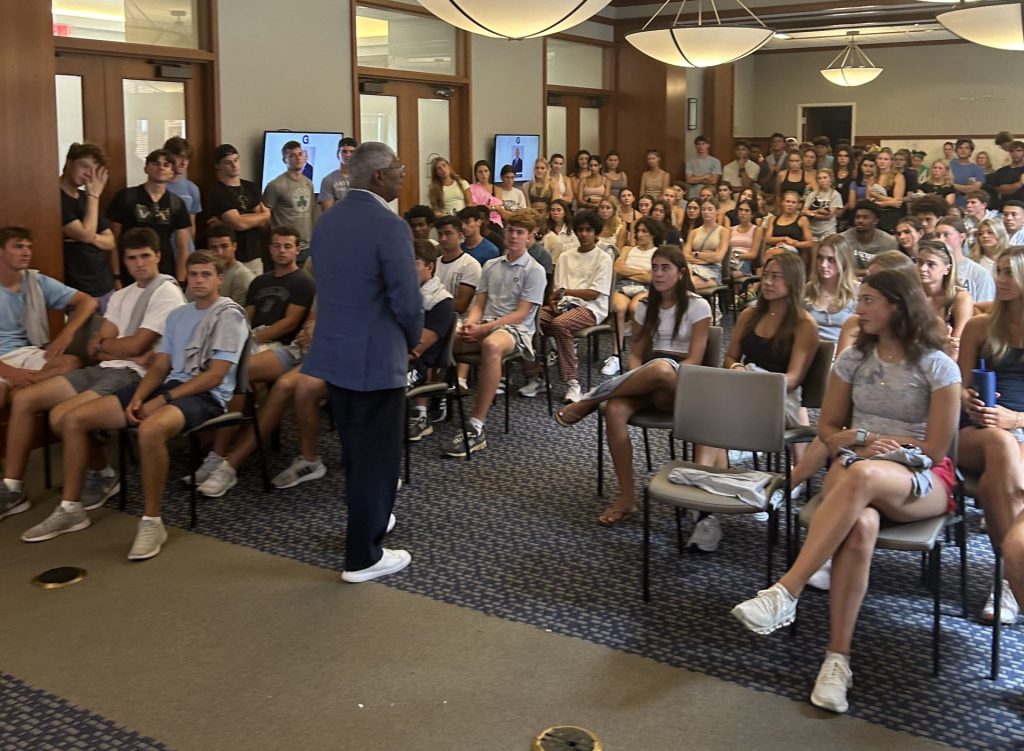
The Hoya Fall Formation is the first point of contact available for student-athletes within the program and is geared toward introducing them to the Georgetown Athletics community. Following this, the Program is comprised of four distinct cohorts, each focusing on different stages of leadership development. For those entering the program for the first time, the first-year cohort focus on foundational topics such as followership, finding your voice, and team culture. First-year students also complete their AthleteDISC Profile. In addition, there are other opportunities in a cohort setting that will be open to sophomores, juniors, or seniors which focus on self-awareness for developing an authentic leadership style, and dive into behavioral styles, core values, effective communication, and conflict management. Those who have completed the self-awareness work, they have the opportunity to cover topics such as Servant and Transformational Leadership Theory.

Finally, the Captains Huddle available for those selected to serve in a formal leadership role within their specific team, explores the practical application of leadership while creating connections to each other, across sports and the Georgetown athletics community.
The program also includes team-based sessions which take a workshop format and vary depending on the specific needs of each team. Al works with the team’s student-athletes and coaches to support them in evaluating their team culture using the GRIP Model, inspired by Athlete Assessments’ own use of it. GRIP is a performance tool used to improve effectiveness and promote development, standing for Goals, Roles, Interpersonal relationships, and Procedures and Processes.

Working through this process allows teams to formalize their approach to team culture and ensure critical elements are being met and maintained. Al detailed how he uses GRIP to evaluate and focus on the current state of;
- Goals: are they clearly articulated and measurable? Does everyone buy into the team’s goals, were they involved in creating it, and does every student-athlete on the team commit to their individual goals which assist the team to reach its overall goal.
- Roles: both technical and non-technical. Sometimes non-technical roles can be as informal as providing energy and enthusiasm or supporting other team members, other times they are formalized like leadership positions.
- Interpersonal Relationships: DISC Profiling and understanding individual profiles, their behaviors, their needs, and their strengths creates a platform for team and individual success.
- Procedures –the rules which govern behavior, expectations, and the consequences when standards are not met. By explicitly stating the rules and procedures, every team knows what is expected of themselves and each other.
He added that GRIP acts as a benchmarking tool and teams will continue to use and refer to it,
“GRIP provides an evaluative tool in that after we’ve done work, we can go back to the model and assess where the team thinks they’re up to.”
Al shared that building the program is an ongoing process which continues to be expanded on and refined based on real-time results and feedback. It is this non-transactional approach that translates directly to the key outcomes of the leadership program; where firstly student-athletes feel a sense of belonging and secondly can be their authentic selves.
Initially, Al began consulting with the coaches who interviewed him for the role, including student-athletes who had been active in leadership, and piloting team initiatives with the lacrosse team who he knew from his coaching days. Then he questioned, how he could continue to add value, asking athletes to bring a teammate, and slowly scaling what was successful with one team to similar teams.
He reflected,
“We had proof that the process worked. Obviously, there are a lot of contributing factors, but we could point to a successful team who sees value in the process. Initially it’s all about relationships, just getting one student on board, influencing and then another, eventually it became exponential.”
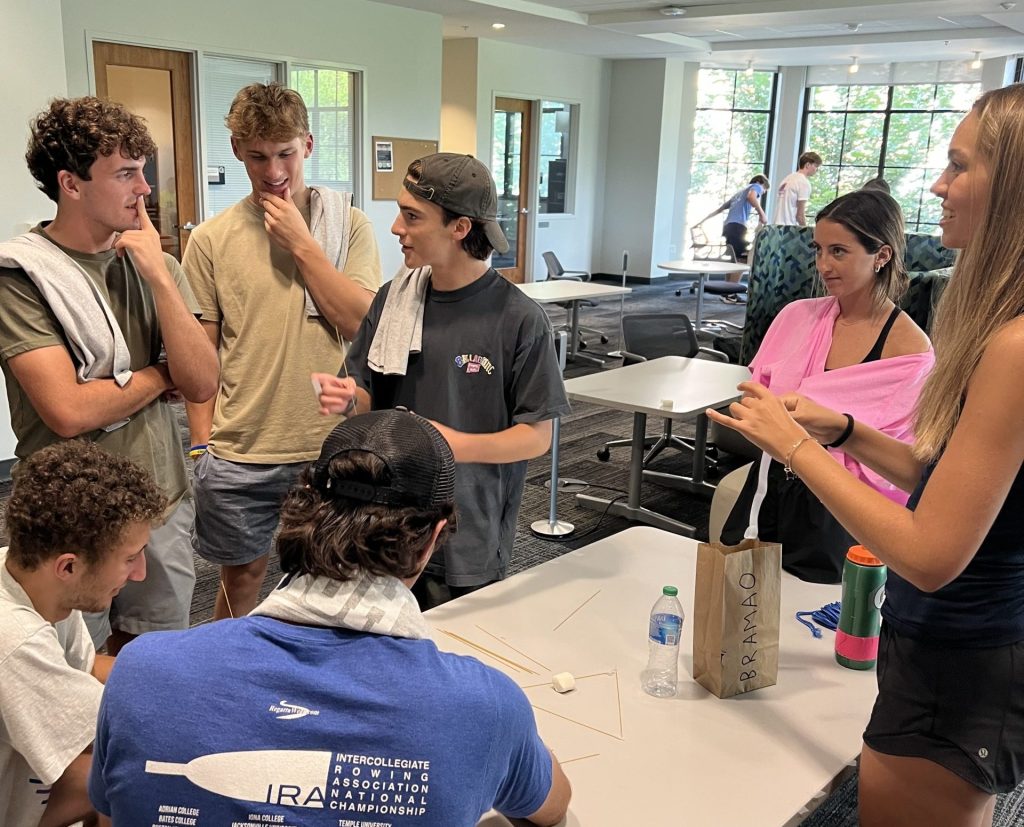
Al shared a perception of leadership which often presents challenges throughout the student-athlete population, regardless of team or sport. We thought across universities, so many would identify with the challenge. Elaborating he said,
“Everyone wants to lead by example. At the US Military Academy their motto is ‘Do not lie, cheat, or steal; or tolerate those who do’. The second part of that statement ‘tolerate those who do’ translates to student-athletes because it’s very easy for them to think, ‘I’m going to work harder, I’m going to show up more’ but how do they tell someone who is not doing those things to start doing them?”
Al shared a perception of leadership which often presents challenges throughout the student-athlete population, regardless of team or sport. We thought across universities, so many would identify with the challenge. Elaborating he said,
“Everyone wants to lead by example. At the US Military Academy their motto is ‘Do not lie, cheat, or steal; or tolerate those who do’. The second part of that statement ‘tolerate those who do’ translates to student-athletes because it’s very easy for them to think, ‘I’m going to work harder, I’m going to show up more’ but how do they tell someone who is not doing those things to start doing them?”

“Most of our kids want to be liked and respected, and they don’t like conflict, so teaching accountability is tough, as the two are interlinked, the want to lead by example but there can be reticence to hold others accountable.”
Ultimately, Georgetown’s Cooper Athletics Leadership Program acts as a conduit conveying lessons learned through sport into life beyond the University experience. Al concluded,
“Yes, I want to help our athletes succeed while they are here, but I also have to look through a 40 or 50-year lens and think that our student-athletes will be managing people, motivating people, and there is going to be conflict. How are they going to manage and navigate those things? It’s letting them know that they have the capability because they’ve done it before.”
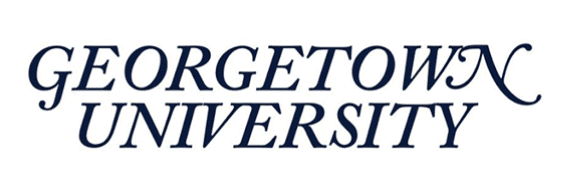

Biography for Al Lattell
Al Lattell’s experience as an administrator, coach, and staff member of the Boston University and Harvard Lacrosse teams, Johns Hopkins Department of Athletics, and now as Executive Director of the Cooper Athletics Leadership Program at Georgetown Athletics, has provided him with over a decade of progressively responsible experience directly related to the growth and development of student-athletes. In his role, Al is tasked with positioning students for success while they are on campus, but even more so after they step off of it and into their career of choice. A credit to his knowledge and expertise, Al was given responsibility and freedom to create programs and practices to implement with multiple teams focusing on leadership, creating positive culture, and mental health and well-being. As a Boston University student, Al obtained his Bachelor’s degree in Political Science and Government, before pursuing a Master’s degree in Education at the University of Massachusetts Boston.


Biography for
Al Lattell
Al Lattell’s experience as an administrator, coach, and staff member of the Boston University and Harvard Lacrosse teams, Johns Hopkins Department of Athletics, and now as Executive Director of the Cooper Athletics Leadership Program at Georgetown Athletics, has provided him with over a decade of progressively responsible experience directly related to the growth and development of student-athletes. In his role, Al is tasked with positioning students for success while they are on campus, but even more so after they step off of it and into their career of choice. A credit to his knowledge and expertise, Al was given responsibility and freedom to create programs and practices to implement with multiple teams focusing on leadership, creating positive culture, and mental health and well-being. As a Boston University student, Al obtained his Bachelor’s degree in Political Science and Government, before pursuing a Master’s degree in Education at the University of Massachusetts Boston.
Where to from here?
If like Al, people rely on you to be their best, you will want to meet their expectations by bringing them reliable and tested tools which will ultimately help them reach optimal performance.
At Athlete Assessments, we pride ourselves on the exceptional quality of our profiling tools and the support we deliver, which underpins the valuable contribution we make to each of our clients. If you are interested in exploring how DISC Profiling can help empower and get the best out of your people, or you would like to discuss our programs and services further, please don’t hesitate to reach out and contact us!
LOVE THIS ARTICLE?
DOWNLOAD YOUR FREE, PRINTABLE PDF COPY BY FILLING OUT THE FORM BELOW!
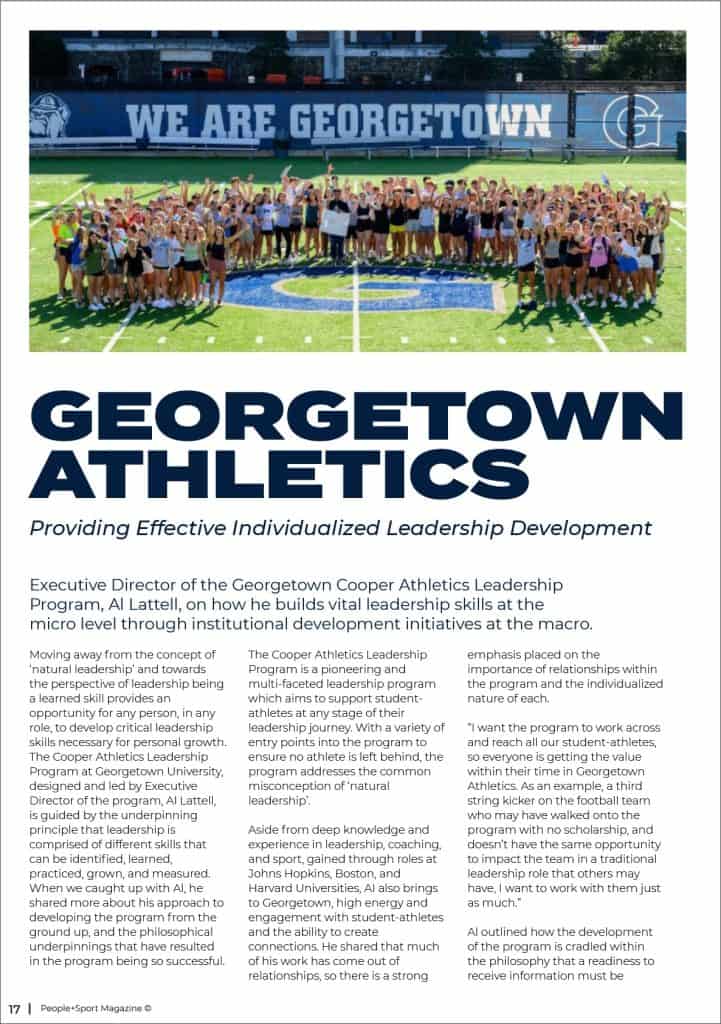
Recommended Articles
We sat down with Associate Dean of Undergraduate Programs and O’Bleness Associate Professor at Ohio University’s College of Business, Dr. Jim Strode, to talk all things leadership, academics, and student development.
Founder of Athlete Assessments, Bo Hanson, sits down with Mississippi State Volleyball Head Coach, Julie Darty Dennis, and Director of Student-Athlete Leadership Development at the University of Michigan, Brian Townsend, to get the ‘how-to’ from the experts in athlete leadership.
By Liz Masen and Kate RossThis brief but incisive quote from Vice Chancellor of the University of Denver, Peg Bradley-Doppes resonates heavily with the modern notion of leadership. It is no longer seen as something you…


